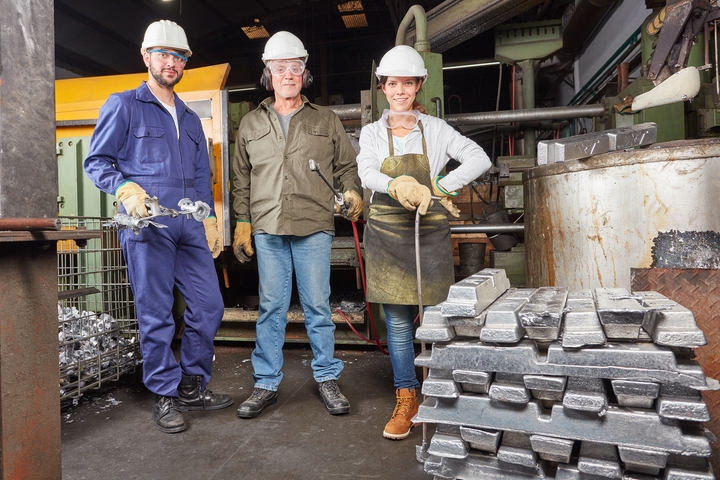
People working in extreme weather conditions can benefit from personal air coolers (PACs) to regulate their body temperatures. The PACs contain filtered compressed air and use the vortex tube technology, which ensures that workers remain comfortable during extremely cold or hot weather. Depending on the weather conditions, the PACs circulate heated or cooled air over the upper body.
PACs offer constant, consistent cooling and heating to promote workers’ comfort and as such increase their productivity in spite of the extreme weather conditions. The vests are flexible and do not have airflow restrictions; one can wear them under protective clothing or under welding leathers.
Below are some of the industries that can benefit from personal air coolers.
1. Boiler Rooms and Foundries
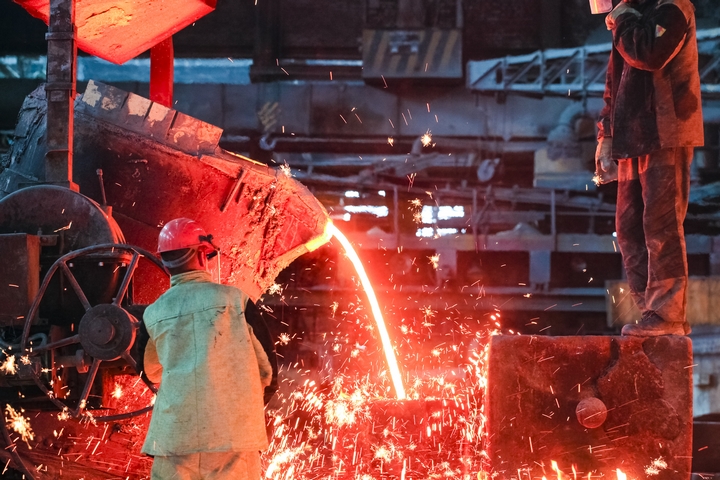
Temperatures in boiler rooms and foundries are extremely high. PACs that use flame retardant fabric and are abrasion resistant are ideal for workings in such extremely hot places. Besides, the vests also act as protective clothing. The improved comfort and safety increase the productivity of workers.
2. Steel Mills
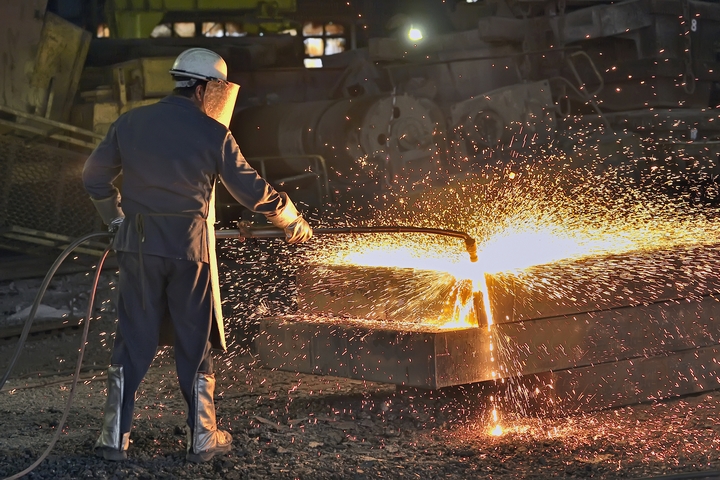
Steel mill workers also wear personal air coolers. The cooling effect of these vests makes staff get on with their work without having to worry about the heat. In some instances, PACs can substitute the need for air conditioning at steel mills.
3. Power Plants

PACs are very handy for power plant employees. Instead of providing too many cooling breaks for your workers, kitting them with personal air coolers keeps them working efficiently without having to take too many breaks to cool off. This results in safer working conditions and increased productivity.
4. Mines

Working in mines is a very challenging task. The temperatures down below can be extremely uncomfortable. However, mineworkers have in personal air coolers the perfect cooling partner to keep their ambient temperatures regulated as they work. As their upper body receives a constant flow of fresh cool air, they are able to relax and work in relative comfort, hence increasing their productivity.
5. Refrigerated Lockers
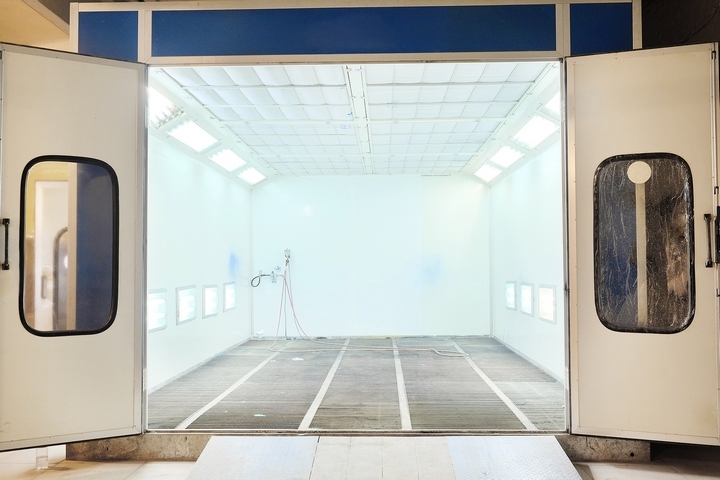
If you are working in extremely cold places such as in refrigerated lockers, having a personal air cooler can be a lifesaver. However, this time around, you need a bit of heating up, which is what these personal air coolers do. The burst of warm air circulating over your upper body is a welcome relief to those working for long hours in refrigerated conditions.
6. Hazardous Waste Removal

If your job entails removing hazardous waste in cold or hot environments, personal air coolers are great to have around. This is because they are not penetrable by dirt and other contaminants. Besides, they can be cleaned effortlessly, a huge plus when removing hazardous waste.
7. Forging and Welding

Welders understand the importance of wearing personal air coolers under their protective equipment. For instance, PACs are highly recommended for welders who must wear boots, gloves, helmets, and clothing that is flame resistant when working in extremely hot environments. With increased comfort also comes increased productivity.
On the other hand, people who work in forging shops find the cooling effect of personal air coolers especially welcome. The cooling vests are flexible and not hinder their movements. They also do not restrict airflow; ensuring workers are continuously cool as they work.
8. Casting
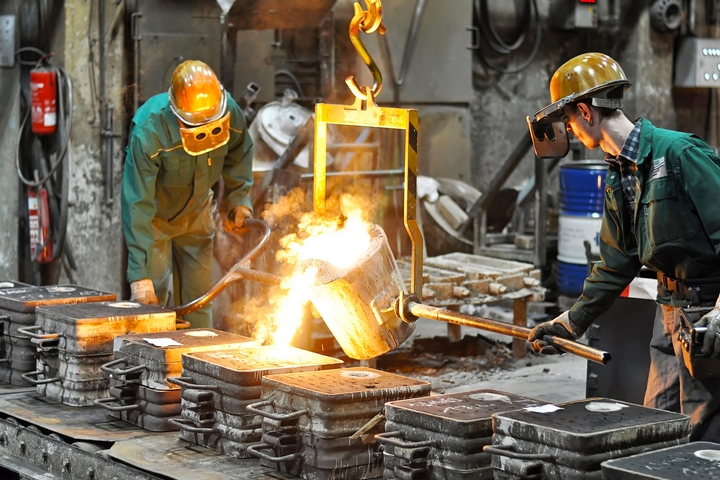
Casting industries also depend a lot on PACs. These personal air coolers allow workers to adjust temperatures effortlessly. Since they have to wear gloves and other protective clothing, it can be extremely uncomfortable to work without PACs.
Almost every business whose productivity depends on staff working in areas with extreme weather conditions needs to have on hand appropriate personal air coolers. Workers are more productive when they are comfortable wherever they work. Personal air coolers are important in that they regulate upper body temperatures by cooling or heating the upper body depending on prevailing working temperatures.









